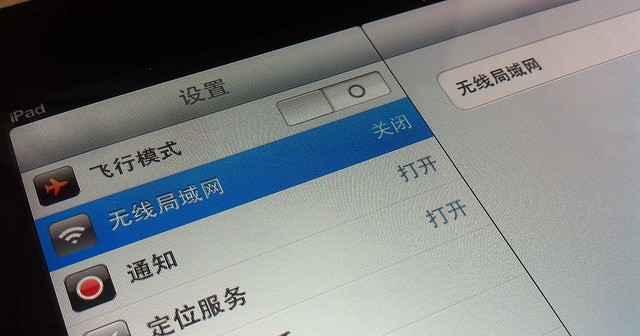 The Chinese firm Proview is suing Apple in California to the tune of $2 billion, alleging that the Cupertino giant committed fraud when it used a shell company set up by one of its law firms to buy the iPad trademark in China for just $55,000, reports the Wall Street Journal.
The Chinese firm Proview is suing Apple in California to the tune of $2 billion, alleging that the Cupertino giant committed fraud when it used a shell company set up by one of its law firms to buy the iPad trademark in China for just $55,000, reports the Wall Street Journal.
Having purchased a few domain names for big media companies in my day, I’ve always used a third party to cover up how wealthy the big organization behind the purchase really was. Apparently I’m not alone. “Remember that big brand owners commonly use reps like this to disguise their purchases. Apple didn’t want to reveal itself as a deep pocket for fears of getting taken advantage of; in this case, those fears were certainly warranted!” writes Stan Abrams, who works as a IP lawyer and professor in Beijing, and maintains the blog China Hearsay.
Proview claims that Apple acted with “oppression, fraud and malice” by substituting a dummy firm for Apple, and promising that its business would in no way compete with theirs. The outcome of the case is critical to Proview, which recently filed for bankruptcy.
The stakes are high for Apple as well. The $2 billion in damages Proview is seeking is chump change to Apple, but a ban on selling iPads in China would be cut into one of the company’s fastest growing revenue streams. So far Chinese courts have ruled in Apple’s favor, refusing to block sales of the iPad.
Both China Hearsay and China Law Blog, however, have criticized the agreement Apple signed, which was with Proview Taiwan, despite the fact that a different division of the company, Proview Shenzen, owns the trademark in mainland China.
“What I find really difficult to believe is that Apple and/or Apple’s attorneys would have done a deal to acquire rights to the iPad trademark in China without having done real due diligence on that trademark. Basic due diligence would have revealed that the PRC iPad trademark was registered to Proview-Shenzhen and at that point, Apple would have required Proview-Shenzhen (not Proview-Taiwan) sign on to the contract to assign or license the PRC mark,” writes Dan Harris, a lawyer at Harris & Moure. Abrams over at China Hearsay called this an “epic fail” on the part of Apple’s lawyers.
The case will now move forward on U.S. soil as well as at a High Court hearing in mainland China expected to take place this coming Wednesday.
Image via Flickr user bfishshadow
VentureBeat's mission is to be a digital town square for technical decision-makers to gain knowledge about transformative enterprise technology and transact. Learn More
